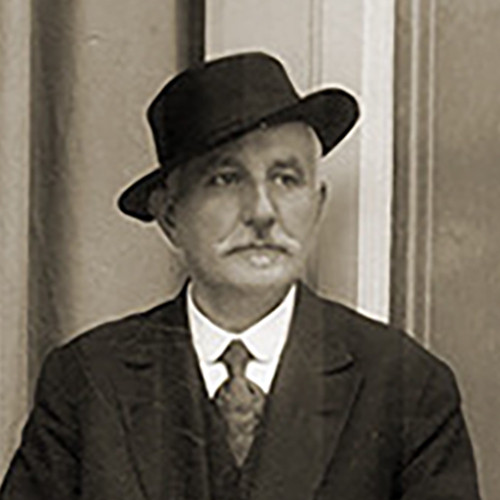Hugo Wahrlich
Настоящее имя: Hugo Wahrlich
Об исполнителе:
German-born viola player and conductor (b. January 1, 1856 in Kassel, Hesse, Germany – d. January 23, 1922 in St. Petersburg, Russia (then called Petrograd)) Wahrlich, known in Russian as Гуго Иванович Варлих (Hugo Ivanovich Warlich), played first viola with the Mannheim symphony orchestra from 1874. In the late 1870s, when the orchestra toured Russia, he remained in the country, working first as a viola player. In 1888, he became Second Assistant Conductor of the Imperial Court Orchestra (Императорский Придворный Оркестр) in St. Petersburg. After increasingly replacing its main conductor, Hermann Fliege, for important performances, Wahrlich completely took over the direction of this orchestra in 1907, after Fliege death. In 1902, when the orchestra began to give public performances, Wahrlich started an annual concert series introducing new works by Russian composers. In 1909, for example, Wahrlich directed the Russian debut of Alexander Scriabine's "Le Poème de l’Extase." Wahrlich himself composed the march Наследник Цесаревич (“Naslednik Tsarevich”) in honor of Grand Prince Alexei (1913). Around 1903, Wahrlich conducted the Imperial Court Orchestra on several recordings for Columbia. Later, he also recorded for Amour and Zonophone. After the Russian Revolution, Wahrlich was allowed to stay on for a while with what became Soviet Russia's first philharmonic orchestra, but only as Assistant Conductor. From 1919 to his death, he conducted military brass bands in Petrograd.
